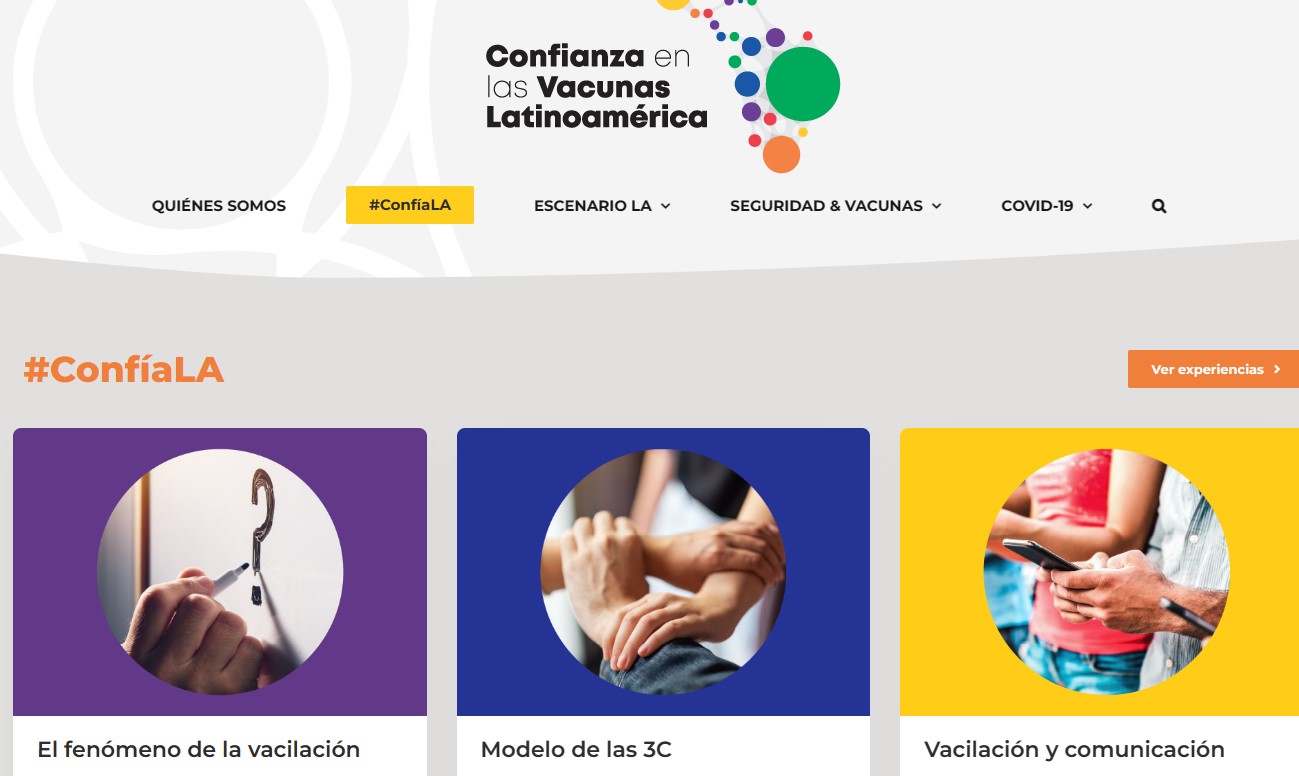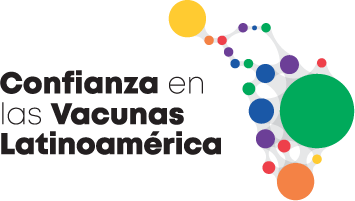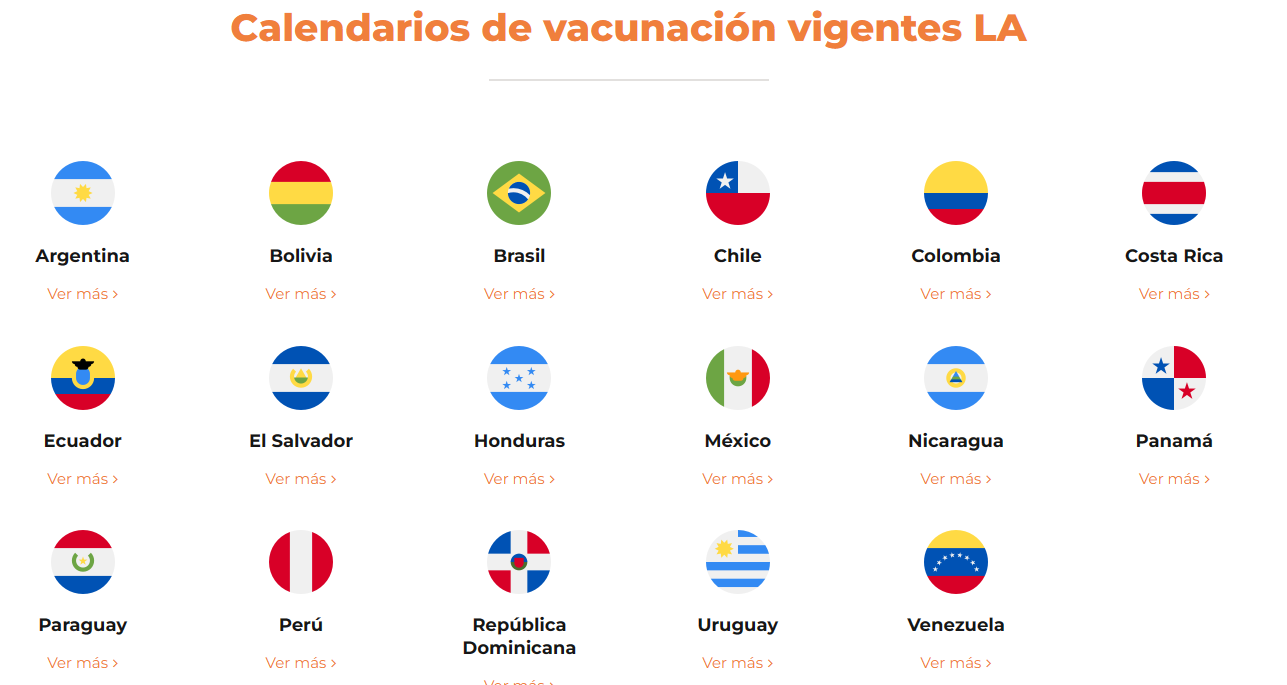Doctors, scientists and health professionals in Latin America have come together to strengthen public confidence in vaccination. The Confianza en Las Vacunas Latinoamérica (ConfíaLA) initiative, led by ISALUD University with the Brazilian Society of Immunization (SBIm) and the Argentine Society for Vaccinology and Epidemiology (SAVE), applies evidence-based communication strategies to enhance vaccination coverage at all stages of life.

The ConfíaLA website was launched in December 2020, just before the introduction of COVID-19 vaccines, but the project has roots in international collaborations that long predate the pandemic. The idea was first raised in 2018 at an event organised by the Vaccines Safety Net (VSN) ‒ a global network of websites established by the WHO, of which Vaccines Today is also a member.
VSN members from Latin America came together to address the region’s relatively low representation in the network. While the region is large and highly diverse, countries face many of the same challenges and sought a way to share experiences and resources for engaging the public about immunisation. From there, the ConfíaLA project was born.
At the heart of the initiative is a website which serves as a ‘showcase’ for addressing vaccination issues. The site includes information about diseases, vaccine safety, frequently asked questions, vaccine calendars and a dedicated COVID-19 section.
Vaccines Today asked two of the key people behind the site ‒ Dr Isabella Ballalai (a paediatrician) and Ricardo Machado (a journalist and communication specialist) ‒ to outline the history of the project and plans for the future.
ConfíaLA: Interview Q&A
Why did you launch this initiative?
We created the Confianza en las Vacunas Latinoamérica (ConfíaLA) movement with a website as a focal point for accessing the initiative and correct information about vaccines. We had already observed the phenomenon of vaccine hesitancy even before the COVID-19 pandemic. There are multifactorial reasons for that, such as the lack of a correct perception of the serious risks that vaccine-preventable diseases can pose.
This has, among other causes, undermined the success achieved in the past through vaccination which enabled us to control and even eliminate diseases such as the rubella and congenital rubella syndrome, maternal and neonatal tetanus, and measles ‒ Brazil’s elimination certificate was lost due to low vaccination coverage.
In addition to that, the high complexity of vaccination schedules, and the spread of misinformation among health professionals and the population, were also a challenge.

Why did you decide to collaborate across the region?
We know that we are stronger when we join forces. This is the best way to face challenges. We were already concerned about the increase in vaccine hesitancy in the region and the consequent drop in vaccine coverage, which has been registered in most Latin American countries since 2015.
In addition to the website, the ConfíaLa project includes actions that enable the continuous updating of health professionals through a series of online meetings. In these meetings we deal with different themes, such as the experiences of each country, action models that can serve as inspiration, among others ─ this content remains available on the ConfíaLa project website and on YouTube channel.
Other actions include, for example, communication through social media and research regarding confidence in COVID-19 vaccines, which was conducted among the population of eight Latin American countries. These actions aim at a better understanding of this process and, thus, together we can think of better strategies to face the problem.

Tell us more about your cooperation with experts in other countries?
Countries members of the Latin American and Caribbean region have very variable socioeconomic and demographic characteristics, but face the same problem of low vaccine coverage, as well as a growing misperception about the importance of vaccines and the risks brought by the diseases.
For example, take the resurgence of measles in Brazil: after receiving the certificate of elimination of this disease in the country, vaccination coverage fell, allowing the rise of a legion of Brazilians who were vulnerable to measles ‒ a disease which has a high infectiousness profile. In addition to that, the Brazilian states, Roraima and Amazonas, border Venezuela, a country that was already facing an outbreak of the measles. Together, this made the ideal scenario for the reintroduction of the virus in the country.
Since then, the idea of cooperation between Latin American and Caribbean countries has strengthened. The initiative began between 2018 and 2019 through the search for professionals and local reference institutions that could join the ConfíaLa project.
How did COVID-19 affect the situation in Latin America?
The arrival of the COVID-19 pandemic resulted in political communication about vaccination which was almost always inappropriate, with significant dissemination of fake news by anti-vaccination movements. These groups seemed to be committed to discrediting the safety and efficacy of COVID-19 vaccines, classifying them as “experimental products” and claiming incorrectly that the population was being tested like “human guinea pigs”.
We then identified the need to create an exclusive section dedicated to this subject on the website, in which we talk about the development of COVID-19 vaccines, the benefits of vaccination, myths and truths, as well as answering the most frequently asked questions.
In that section we also provide information about vaccination during the pandemic and share news about the decrease in the COVID-19 mortality rate as a result of vaccination. In this way, the site further expanded its purpose on giving accurate information to the population.
What are the biggest challenges facing vaccine uptake in the region today?
There are several challenges, including the various factors that led to vaccine hesitancy in all countries in the Latin American and Caribbean region.
Among them, we can highlight access to vaccination sites, known as Basic Health Units (public health centres) in Brazil; the impact of misinformation and access to correct information; adequate training as well as continuing education for health professionals involved, from the prescription to the application of vaccines; inadequate perception of risk regarding to diseases that are now controlled or eliminated; and fake news.
In addition, with the COVID-19 pandemic, we are experiencing an infodemic, that is, the excess of information that circulates at the same time, sometimes correct and frequently incorrect, manipulated or even disseminated in a “mismatched” way, without the due articulation with all actors, such as agents from different governmental spheres, for example. Last but not least, we have the incise of anti-vaccination movements.
What are the plans for the future of the website?
For 2024 we plan to update the layout of the website and its sections, create a version in Portuguese, increase investment in communication in social media and enhance the partnerships so that information has greater penetration in all Latin American and Caribbean countries.
Isabella Ballalai is a paediatrician; director of the Brazilian Society of Immunizations (SBIm); coordinator for the SBIm project Confianza em las Vacunas Latino América (ConfíaLa); Member of the Advisory Board of Vaccine Safety Net (VSN), a WHO initiative. She is also the author of the Practical Immunization Manual (2nd edition).
Ricardo Machado is a journalist and marketing and corporate communication specialist; communication coordinator of the Brazilian Society of Immunizations (SBIm) and Confianza em las Vacunas Latino América (ConfíaLa), in partnership with Clara López Colmano. He is also SBIm representative on Vaccine Safety Net (VSN) and director of Magic-RM Strategic Communication.



